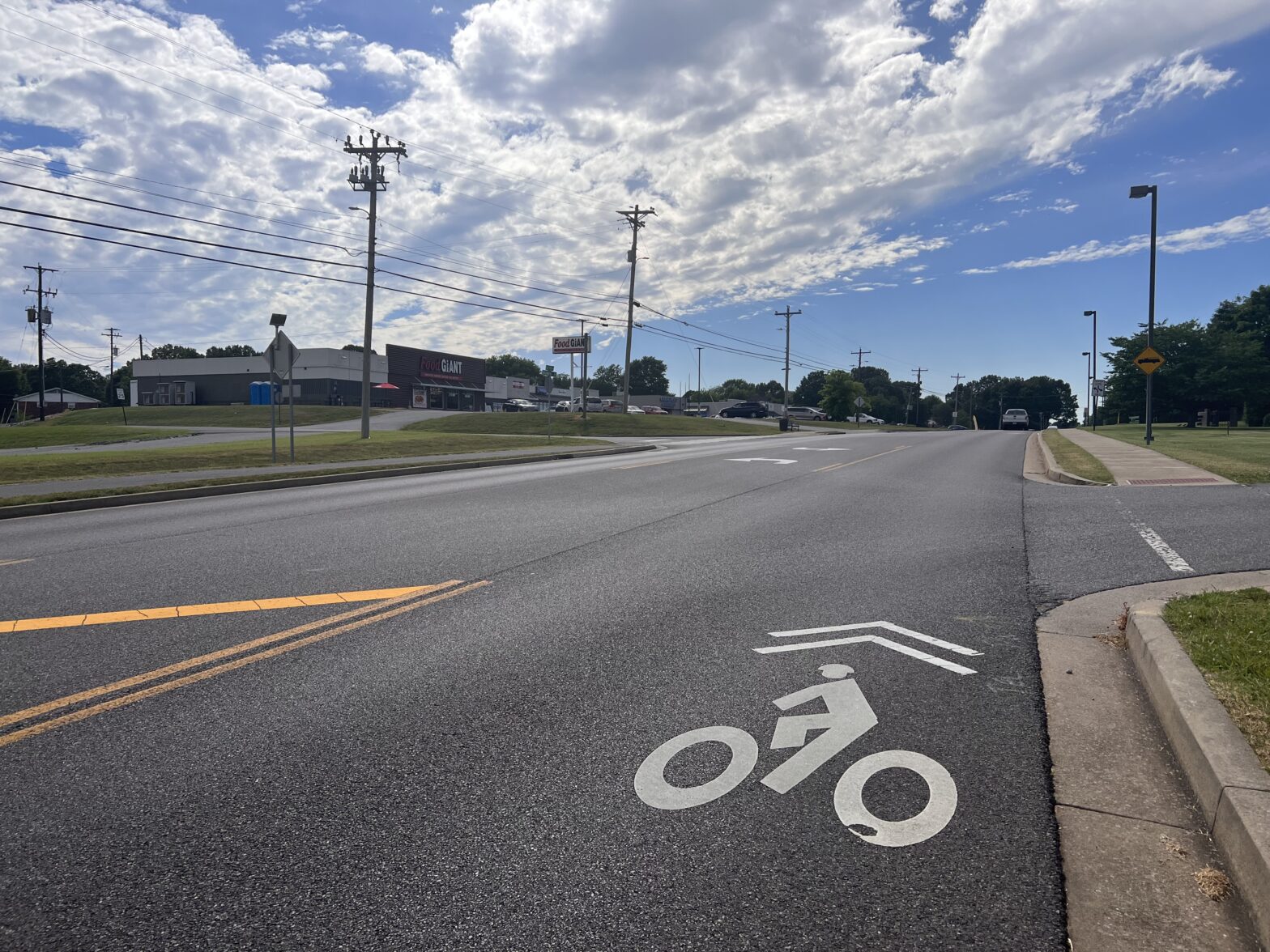The below press release was received from the U.S. Department of Transportation on December 18, 2024. Great news!
Today, as part of continuous efforts to support transportation accessibility, the United States Department of Transportation (USDOT) published a final rule that will increase accessibility for transit users by providing local governments and other owner-operators of the public right-of-way clear, uniform, and technically defined standards of accessibility to guide their design decisions for new construction and alterations of transit stops in the public right-of-way.
The Americans with Disabilities Act (ADA) directs USDOT to adopt standards for accessible public transportation facilities consistent with final minimum accessibility guidelines issued by the Architectural and Transportation Barriers Compliance Board (U.S. Access Board). The Final Rule on Transportation for Individuals with Disabilities: Adoption of Accessibility Standards for Pedestrian Facilities in the Public Right-of-Way adopts the U.S. Access Board’s Accessibility Guidelines for Pedestrian Facilities in the Public Right-of-Way (referred to as PROWAG) as the Department’s regulatory standards for new construction and alterations of transit stops in the public right-of-way.
USDOT’s adoption of the PROWAG means that there will no longer be a need for each state or local agency to evaluate sources of guidance and make an independent determination on how to design transit stops and other facilities to achieve accessibility for different types of users. Transportation system users will also benefit from uniformity in accessibility-related design standards.
The Final Rule becomes effective on January 17, 2025.
The Department has taken historic steps to improve the safety and accessibility of America’s multi-modal transportation system for people with disabilities and all members of the traveling public. These include:
Safe and Accessible Air Travel
- Published a final rule to ensure safe and dignified accommodations for air travelers with disabilities using wheelchairs. The final rule sets new standards for assistance, mandates enhanced training for airline employees and contractors who physically assist passengers with disabilities and handle passengers’ wheelchairs, and outlines actions that airlines must take to protect passengers when a wheelchair is damaged during transport.
- Published the Airline Passengers with Disabilities Bill of Rights, which describes the fundamental rights of air travelers with disabilities under the Air Carrier Access Act and its implementing regulations.
- Established a final rule on accessible lavatories on aircraft, requiring airlines to make lavatories on new single-aisle aircraft large enough to permit a passenger with a disability and an attendant to approach, enter, and maneuver within as necessary to use the aircraft lavatory.
- Funded accessibility improvements at airports through the Bipartisan Infrastructure Law Airport Terminals Program. Over 150 projects funded under this program are improving airport terminal access for people with disabilities.
- Laid the groundwork for future actions that can enable passengers staying in their own wheelchairs onboard airplanes.
Multimodal Accessibility of Public Transportation Facilities, Vehicles, and Rights-of-Way
- Funded over $1 billion in projects through the All Stations Accessibility Program at transit and rail stations across the country to ensure all public areas are accessible to people with disabilities, including those who use wheelchairs.
- Launched an initiative to help state DOTs implement their ADA Transition Plans and to make it easier for the public to access state ADA plans and inventory data.
- Enforced ADA compliance in existing and new investments in Amtrak stations and rail vehicles. As of October 2024, Amtrak met its ADA responsibilities for 127 (33%) stations, up from 105 (27%) as of the end of February 2023.
Accessibility of Electric Vehicles & Automated Vehicles
- Supported the U.S. Access Board’s development of its Design Recommendations for Accessible Electric Vehicle Charging Stations and subsequent Notice of Proposed Rulemaking. The Federal Highway Administration’s National Electric Vehicle Infrastructure Standards and Requirements Final Rule recommended that charging stations be designed and constructed according to the U.S. Access Board’s Design Recommendations to demonstrate ADA compliance and optimize usability for persons with disabilities.
- Awarded $5 million in prize money to spur the development of accessible automated vehicles through the Inclusive Design Challenge. In July 2022, DOT awarded $2 million in final prizes to teams led by Purdue University, AbleLink Smart Living Technologies, and the University of Maine in recognition of their work to demonstrate through functioning prototypes how automated vehicles can be accessible to people with physical, sensory, and cognitive disabilities.
Foundational Actions
- Strengthened programmatic enforcement of ACAA and ADA requirements, including a first of its kind agreement between the Office of Aviation Consumer Protection (OACP) and United Airlines to improve the air travel experience for passengers who use wheelchairs and better ensure that passengers with disabilities who use wheelchairs can travel safely and with dignity. In addition, OACP has recently initiated investigations into multiple airlines for violations of disability protections, one of which has resulted in a $50 million penalty against American Airlines for numerous serious violations of the laws protecting airline passengers with disabilities between 2019 and 2023. This fine was 25 times larger than DOT’s previous largest airline penalty for violations of disability protections and set a new precedent for how the Department will enforce such violations going forward.
- Published a new FAQ resource for grant applicants to help grant applicants understand accessibility-related requirements and best practices throughout the transportation project planning process. By making accessibility information more available, DOT aims to ensure that new investments in transportation are designed for all.

